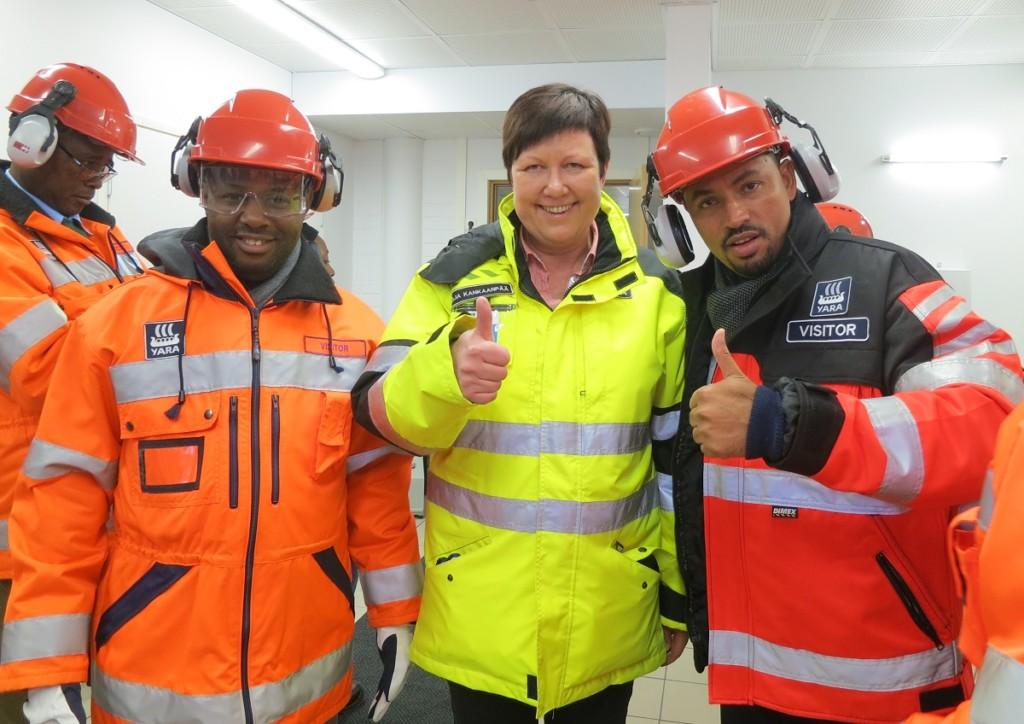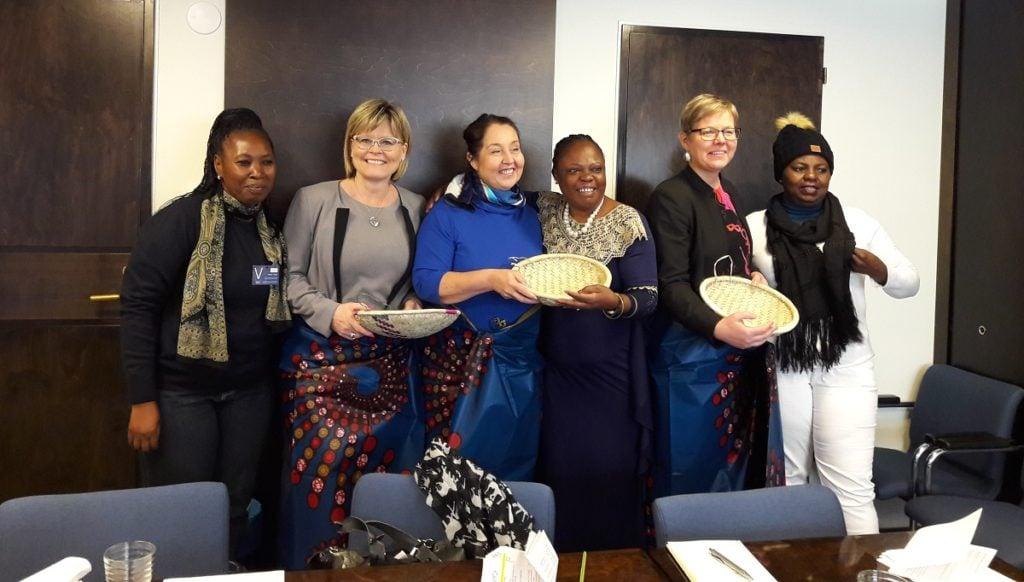March 17th marked the official launch of the 2nd phase of our joint programme with Associacão Instituto para Democracia Multipartidária (IMD) and the Netherlands Institute for Multiparty Democracy (NIMD) in Mozambique. The programme started in 2017 and is part of Finland’s bilateral cooperation with Mozambique. According to the evaluation on the first phase of the programme (2017–2019), the programme is very relevant to the sustainable and transparent governance of Mozambique’s natural resources. The evaluation recommended continuation of the programme.
The aim of the programme is to enhance the oversight role of the Parliament and six Provincial Assemblies on the extractive industries and to increase their capacity to assess the implementation of the existing legislation on natural resource management. In addition to the national level, the programme is implemented in the provinces of Inhambane, Manica, Tete, Zambezia, Nampula and Cabo Delgado. The programme also aims at increasing dialogue between decision makers on different levels as well as between decision makers, researchers and civil society. Mozambique has very rich natural resources, mainly coal and natural gas, which are predicted to give the country a substantial economic boost in the future. There is a need for dialogue and trust building in the polarized political situation that is also impacted by the fear of the unfair distribution of wealth created by the natural resources.
Cooperation between provincial and national levels and international peer support
The activities of the programme include training Parliamentary Committees and Provincial Assemblies on the management and effects of the extractive industries and on existing legislation, and supporting the cooperation of the National and Provincial Assemblies. Monitoring visits to the mining sites and discussions with local communities have also been organised. Part of the programme is also the peer learning and cooperation of Mozambican and Finnish MPs. Finnish experiences on governance, cross-party cooperation and transparency of legislation are of interest in Mozambique. During the first phase of the programme, groups of Mozambican and Finnish MPs visited each other and mining sites in both countries to share good practices and experiences regarding extractives.

During its first three years, the programme resulted in setting up a dialogue platform that lays the foundation for cooperation between the National Parliament and the Provinces, and in strengthened knowledge and understanding of MPs and Committee officials on natural resource and extractive industries sector. The Parliament´s increased oversight and intervention has also led to the government taking action in two mining sites that had caused environmental problems. These problems were discussed in the Parliament following reports by the local communities.
In the second phase of the programme, there will be more emphasis on cooperation with civil society, and the Budget and Planning Committee of the Parliament will be included in the programme activities. Second phase trainings for Committee officials have already been started, and information materials for MPs are under preparation. The aim is to ensure that also the new MPs, elected last October, will stay informed on the monitoring visits made during the first phase of the programme.
Support to multiparty cooperation an efficient way to improve transparency in the natural resource management
Disputes over the use of natural resources are among the most common causes of conflict, which underlines the importance of the democratic oversight of the sector. Essential for development is also to ensure that the wealth created by natural resources is distributed in a just way in the benefit of all citizens. According to the International IDEA and the Natural Resource Governance Institute, supporting multiparty cooperation is an efficient way to strengthen the implemention and oversight of the legislation and to prevent autoritarian governance, power grabbing and corruption. Political parties have a key role in ensuring that natural resources are managed in a transparent and accountable way that takes into account long-term sustainability instead of just short-term political and economical benefits. Hence, the programme in Mozambique will contribute to the fair use of natural resources and prevention of conflicts.

